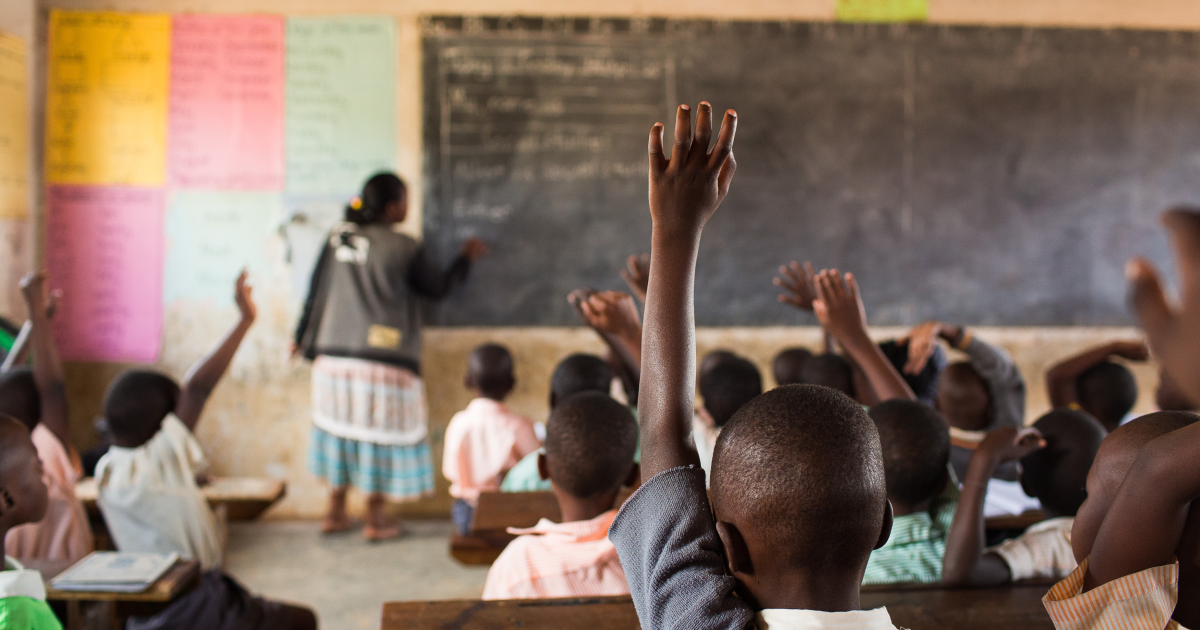Zimbabwe’s Lower-Six learners will start their A-Level classes on Monday after the release of O-Level results early this week, with fees charged on a pro-rata basis. This short gap between the release of the O-Level results and the start of A-Level classes marks a return to an earlier age in Zimbabwe’s education system. In recent times, prospective sixth formers who missed their first choice schools had to
scramble to find another. However, the government aims to prevent these older teenagers from loafing around and getting into trouble by maximizing teaching time.
The Ministry of Primary and Secondary Education spokesperson, Mr Taungana Ndoro, stated that the government does not want students idling around aimlessly or falling victim to social ills like drug abuse. Therefore, the government decided that students should resume their studies immediately. Ndoro reminded schools and parents that this group of students joining the January-starters would pay fees pro-rata.
The COVID-19 pandemic disrupted the
school calendar for the past year, so the government aims to maximize learning by opting for an immediate class resumption. In light of the recent trend of students taking multiple subjects, the ministry’s position is that three subjects suffice. However, in cases where students feel the need, they can go for four.
The government warns that paid-for extra lessons are illegal and that teachers found doing it would be charged with criminal abuse of office. However, in cases where teachers feel the need for extended tutorials, they can have these but should include the whole class and be at no extra cost.
As parents and guardians scout for new schools for their children, they should ignore illegal schools as the quality of education at these institutions cannot be regulated or monitored. The government has taken a zero-tolerance position on illegal schools and urged parents to assist in the fight against them.
Schools in Zimbabwe are registered in terms of the Education Act, and their operations are regulated through the Ministry of Primary and Secondary Education. This regulatory framework ensures that children receive sufficient education of sufficient quality and commensurate with their age.
The first term, which opened on January 9, is going well, and the government calls on schools to abide by COVID-19 measures. The government continues to prioritize education, which is one of the pillars with which Zimbabwe hopes to capacitate future generations, foster economic growth, and sustain an upper middle-income economy.
Zimsec has resumed the June examinations, which were halted during COVID-19. The spokesperson, Nicky Dhlamini, stated that they had been adhering to government measures against COVID-19 and following government protocols to guide them.
